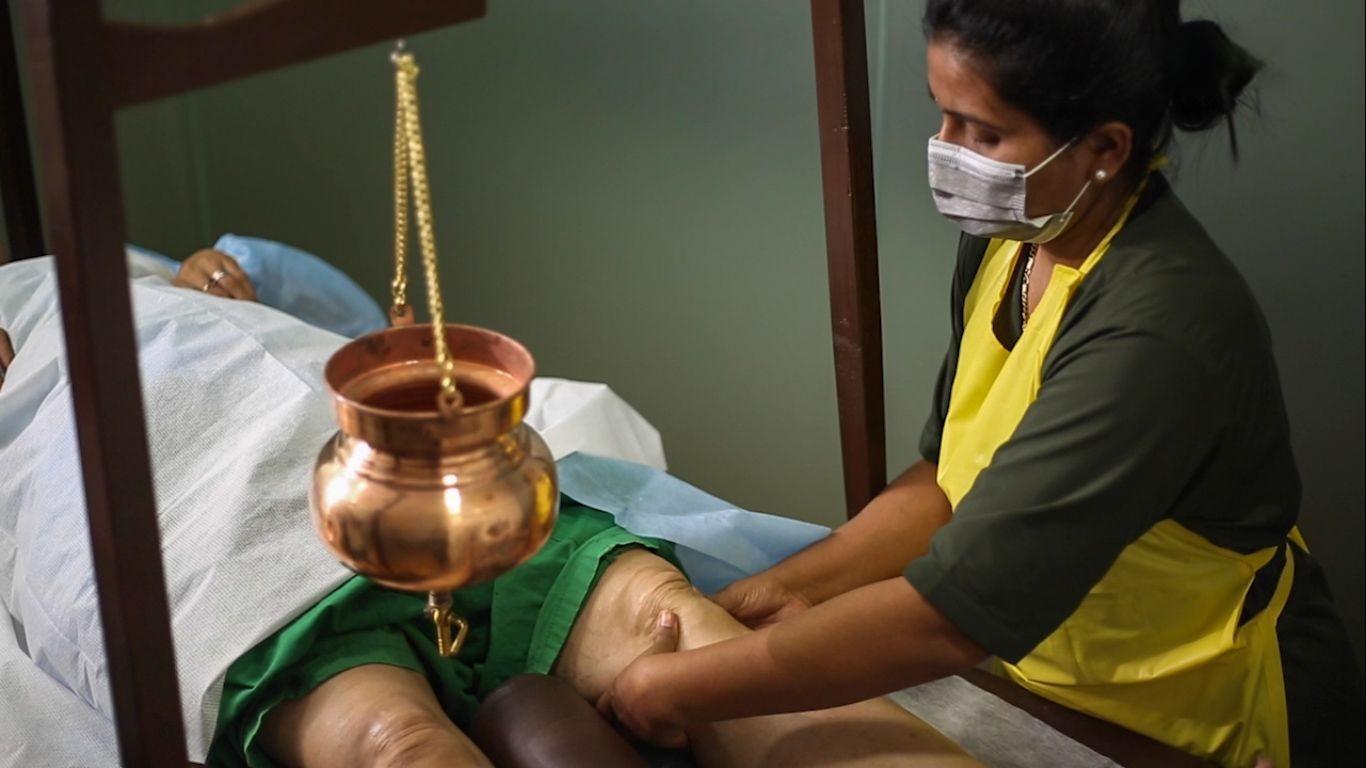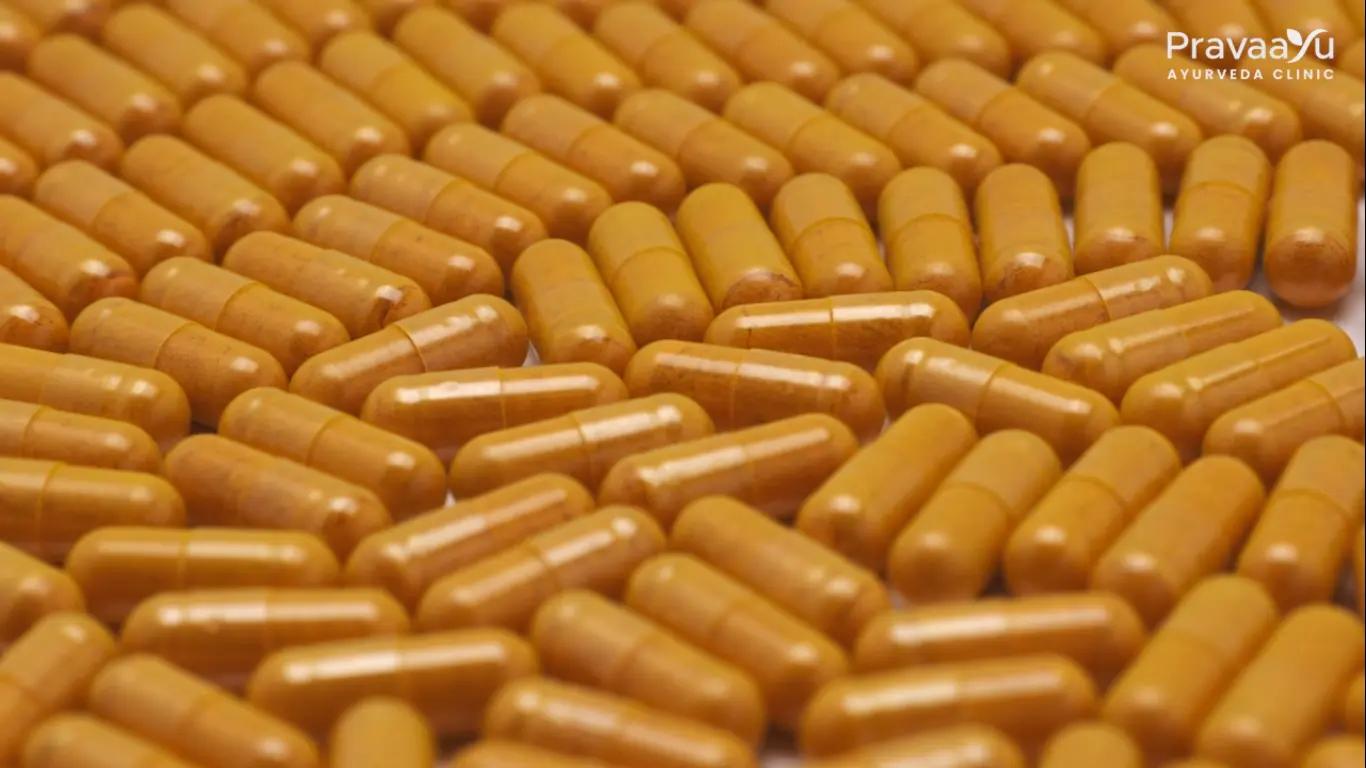Ayurvedic Treatment for Diabetes in India
Diabetes, known as madhumeh in Ayurveda, affects a significant portion of the global adult population, exceeding 10%. This metabolic disorder not only impacts dietary choices but also poses risks to various organ systems, including cardiovascular health, ocular health, and nervous system function.
Understanding Diabetes in Ayurveda
Ayurveda categorizes diabetes as a urinary disorder and identifies multiple types, with Diabetes mellitus being the most prevalent. The condition is characterized by impaired insulin function, leading to elevated blood glucose levels.
Ayurvedic Approaches to Diabetes Treatment
Ayurvedic treatments for diabetes focus on holistic management through a combination of herbal remedies, therapeutic procedures like Panchakarma, dietary modifications, and lifestyle changes. These approaches aim to improve insulin sensitivity, reduce insulin resistance, and support overall metabolic health.
Herbal Medications for Diabetes
Ayurvedic pharmacology offers a range of herbs known for their efficacy in managing diabetes. Turmeric (with its active compound curcumin), Ginseng, Fenugreek (high in soluble fiber), Psyllium, Cinnamon, Aloe vera, Bitter melon, Bitter gourd (karela), and Milk thistle are among the commonly recommended herbs. Many of these herbs are noted for their bitter taste, believed to help regulate blood sugar levels.
Panchakarma Therapy
Panchakarma, a cornerstone of Ayurvedic medicine, involves a series of therapeutic treatments designed to detoxify the body and restore balance. It includes processes like Vamana (therapeutic vomiting), Virechana (purgation), Vasti (medicated enema), Nasya (nasal administration), and Rakta mokshana (bloodletting), depending on the individual's constitution and condition severity. Panchakarma aims to eliminate toxins, improve digestion, and enhance overall metabolic function.
Ayurvedic Treatment Centers in India
Places like Ayurvedagram in Bangalore are renowned for their expertise in treating diabetes through traditional Ayurvedic practices. These centers offer personalized treatment plans that may include Kerala therapies, specialized diets, yoga sessions, and stress management techniques. The holistic approach not only targets the symptoms but also addresses the root causes of diabetes.
Yoga and Diabetes Management
Yoga plays a vital role in managing diabetes by reducing stress, promoting relaxation, and improving insulin sensitivity. Practices such as Pranayama (breathing exercises), Surya Namaskar (sun salutation), and specific yoga poses like Vajrasana (thunderbolt pose) and Dhanurasana (bow pose) are beneficial. Regular yoga practice helps maintain a healthy body weight and supports overall well-being, which are crucial for diabetic individuals.
Dietary Recommendations
Ayurvedic dietary guidelines for diabetes focus on balancing blood sugar levels through appropriate food choices. Emphasis is placed on consuming bitter and astringent foods like Bitter gourd, Moong, Barley, and incorporating plenty of fiber-rich fruits and vegetables. Spices like Turmeric, Cumin, Coriander, and Cardamom are used in cooking to enhance flavor and aid digestion. It is advised to eat smaller, frequent meals to prevent spikes in blood sugar levels throughout the day.

























